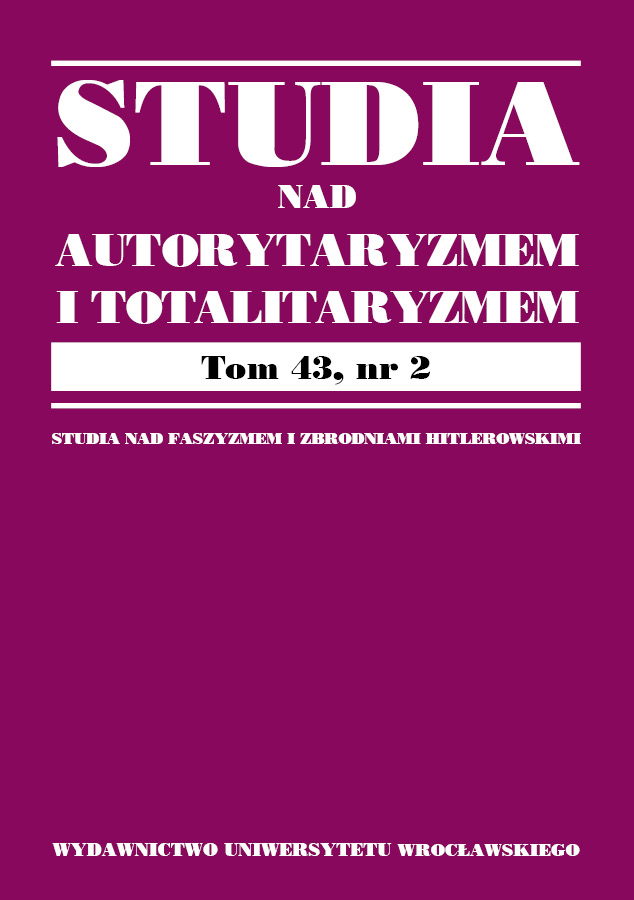

Artykuły

The subject of the article is Fuller’s concept of the (not) good law paradigm defined by three notions: “internal morality of law,” “natural law of a formal nature,” and “formal rule of law” — in the perspective of its application in the current legal order of the Republic of Poland. The discourse was conducted in two stages: on a general, theoretical, and axiological levels as well as on a detailed, practical, and praxeological ones.
The epistemological level with its retrospective view bears resemblance of two models: bad law and good law. The first, encapsulated in literary legal fiction, describes eight cases (anti-values) of King Rex’s legislative failures. King Rex is monarch with authoritarian and conservative traits who excludes the system of government based on the proportional cohabitation of three powers — legislative, executive, and judicative — in favour of anocracy, which is a hybrid regime “suspended” between democracy and authoritarianism. The second is a remedy in the form of axiological contours, postulates (values) of good law: generality, promulgation, prospectivity, clarity, non-contradiction, reality, stability, and compliance. These principles of the formal rule of law, contained in the concept of “soft” jusnaturalism, are a specific professional and ethical code for the public authority which constitutes, executes, and applies the law.
The practical-cognitive level refers to subjectively selected examples of abusing the good lawstandard in the Polish legal and administrative order. It shows the omnipotent and simultaneously dysfunctional executive power in the area of governance and administration, aimed at a radical reconstruction of the social and legal system.